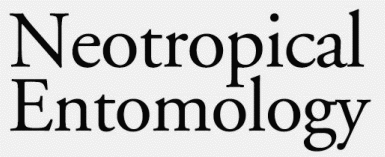Several polyphagous arthropod predators are commercially available for augmentative biological control targeting mite and insect pests in a variety of cropping systems. A number of these predators are not native to the area of release. The current paper discusses benefits and risks of using exotic generalist predators as biocontrol agents. The fact that polyphagous predators are easily reared on unnatural foods and can be used against different pest species makes them attractive for commercialization. Polyphagous or facultatively phytophagous predators have less difficulty in maintaining their populations at low prey densities and can sometimes be introduced in the crop before the target pest is present, thus preventing the buildup of pest populations before economic damage is done. On the other hand, generalists may interfere with the action of other beneficials in the crop, and facultative plant feeding by predatory arthropods exceptionally causes crop damage. The use of non-native natural enemies may entail environmental risks. In a growing number of countries, risk assessment procedures are being implemented that are largely focused on host range testing. It is emphasized, however, that the experimental evaluation of host specificity should be done under realistic conditions. Furthermore, climatic matching and dispersal ability of an imported predator and the presence of its natural enemies in the area of introduction are important factors to be considered when assessing environmental risks. Regulation is essential but should not hamper the implementation of biological control as an alternative to chemical pest control.
Biological control; augmentation; predators; polyphagy; non-target effects



